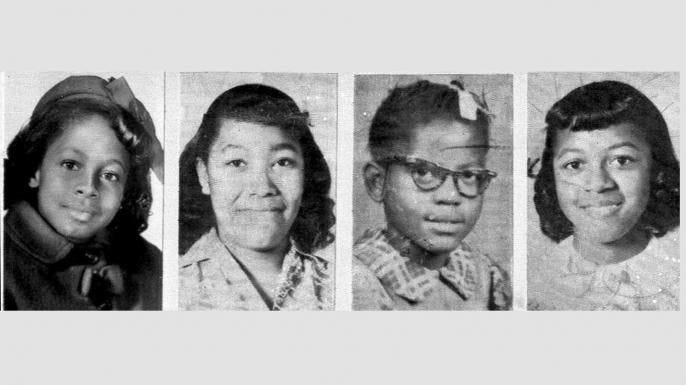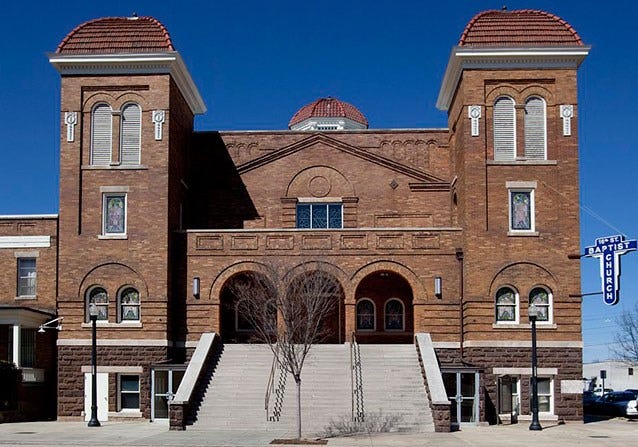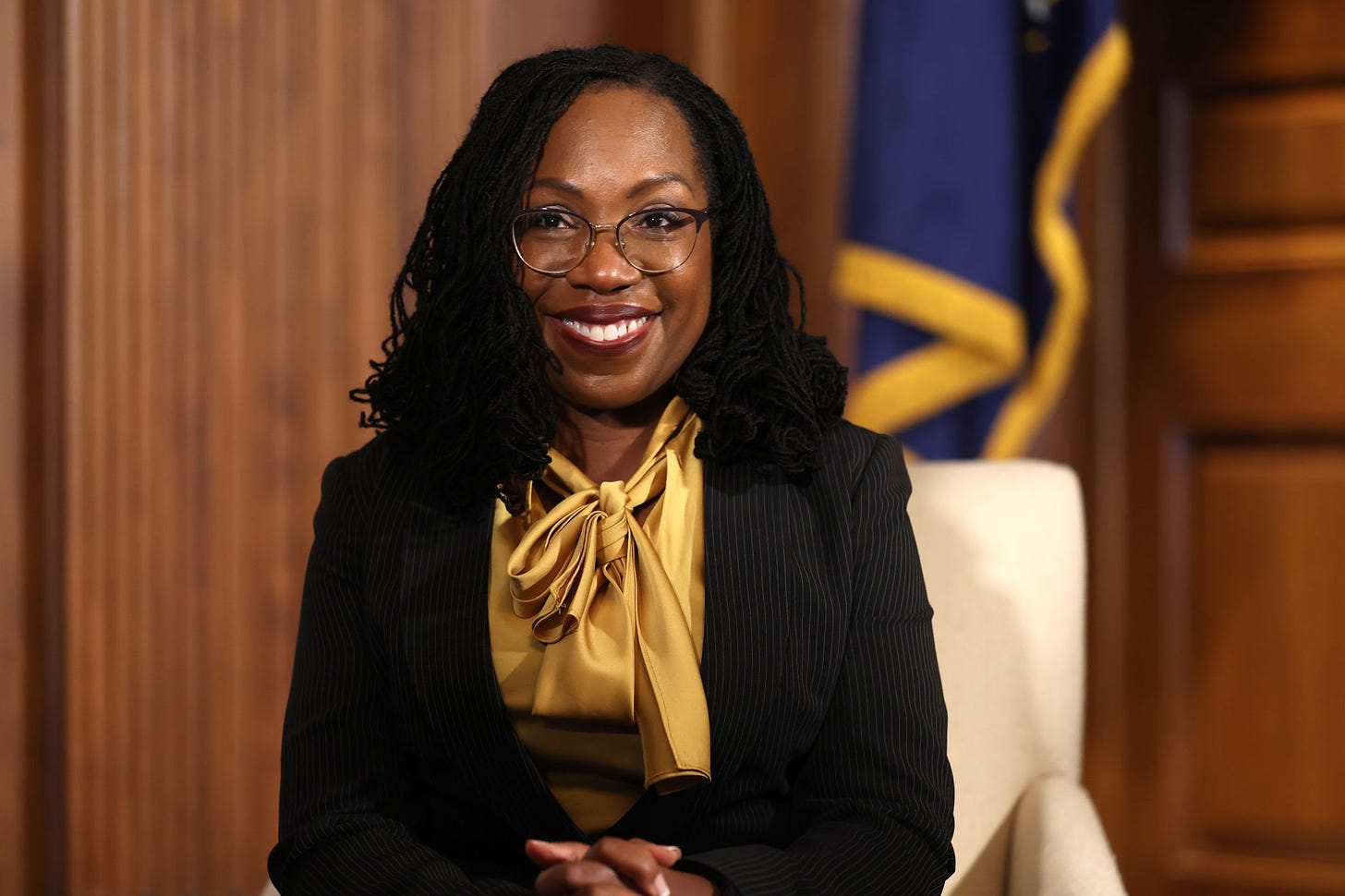There is a lot going on in Georgia. But I'm not going to write about it tonight, I'm going to leave it for another day. Enough to know that the emergency hearing to stay the case that we expected to happen tomorrow morning will not take place. Mark Meadows withdrew that motion after Judge McAfee severed his case from those of Kenneth Chesebro and Sidney Powell, who will be going to trial on October 23. That leaves us with the issue of whether Meadows gets to remove his case to federal court pending, with Meadows’ brief due on Monday. Meanwhile, the Judge took a number of motions involving release of information about grand jury proceedings—the kind of things defendants might want to see if they were looking for a prosecutorial misconduct argument—under advisement. He’ll review the arguments and case law the lawyers presented him with today and reach his decisions. Presumably, additional pretrial motions will be forthcoming.
Tonight, I wanted to reserve our time for the emotional anniversary of a horrible event the touched the entire country and triggered the passion of the civil rights movement.

Friday, September 15th is the 60th anniversary of the bombing at 16th Street Baptist Church in Birmingham, Alabama that took the lives of four young girls. The girls were in the Church’s downstairs ladies’ room at 10:22 a.m., getting ready for services, when the bomb went off.
FBI investigation at the time determined that the bomb was planted by four men who belonged to a violent splinter group of the Ku Klux Klan. But the investigation was closed in 1968 with no indictments. At the time, the assessment was that evidence was lacking because witnesses were reluctant to come forward. However, an FBI memo written for then Director J. Edgar Hoover identified the men responsible as Thomas Blanton, Robert Chambliss, Bobby Frank Cherry, and Herman Cash. This morning at 10:22 a.m., churches across Birmingham’s Southside will ring their bells. The city’s synagogues will blow their shofars. There will be a moment of remembrance.
We have obviously not learned the lessons of that history. Today, acts of domestic terrorism committed by white supremacists are not uncommon in our country. Racially motivated shootings, like the one in a Buffalo, New York grocery store in May of 2022 or the 2018 attack on a Pittsburgh synagogue leave Americans dead in growing numbers. Government statistics show that only eight states in the United States were spared from at least one incident of domestic terrorism between 2010 and 2021.
It wasn’t until 14 years after the bombing, that Alabama Attorney General Bill Baxley successfully prosecuted the first of the bombers, Robert Edward Chambliss. Baxley got the conviction using circumstantial evidence.
But the remaining bombers remained free. One died before Bill Clinton’s appointee to be U.S. Attorney in Birmingham, a young lawyer named Doug Jones, decided to hold the two who remained alive accountable. His team went back to the beginning, reviewed all of the evidence, and found some critically important information-including tapes-that hadn’t been available to Attorney General Baxley. Jones successfully prosecuted Thomas Edwin Blanton Jr., convicted in 2001; and Bobby Frank Cherry, convicted in 2002.

The bombing happened on September 15, 1963. Convictions, when they finally came, were most assuredly justice delayed. But justice was not denied. Justice was ultimately delivered.
In some cases, justice is a long time coming. It should not be, but it is. The delay does not make it any less important, when it finally is done. Justice moves our communities and our country forward. On Friday in Birmingham, the first Black woman to become a Supreme Court Justice, Ketanji Jackson Brown, will speak to people in the Church who will assemble to mark the moment. That too will be justice.
Sixteenth Street is a beautiful church. The music of the choirs that sing in the church pierce your soul and the words of Pastor Arthur Price are strong and true. There is always a moment as you enter the Church, no matter the reason, when you remember the young girls who died there and are forced to promise yourself that we can do better, that we have to do better. We cannot give into hate and racism. We cannot let those dark days return.
We’re in this together,
Joyce






I was a child when the news of this atrocity broke. I remember crying and my mother trying to sooth me -- I had no idea what was going on, just that four children died. I am furious about it, 60 years later.... I do not believe in God, but I hope I am wrong so that the bombers may rot in hell for eternity.
Thank you for remembering this tragic event and using it to remind us all that we still live in a society and a country that makes room for and tolerates hatred and racial bias. Until we no longer tolerate or make room for bias, hatred, and rage we will continue to be an imperfect nation impoverished by racial and ethnic intolerance. We are capable of being so much more but fall so short of our potential.